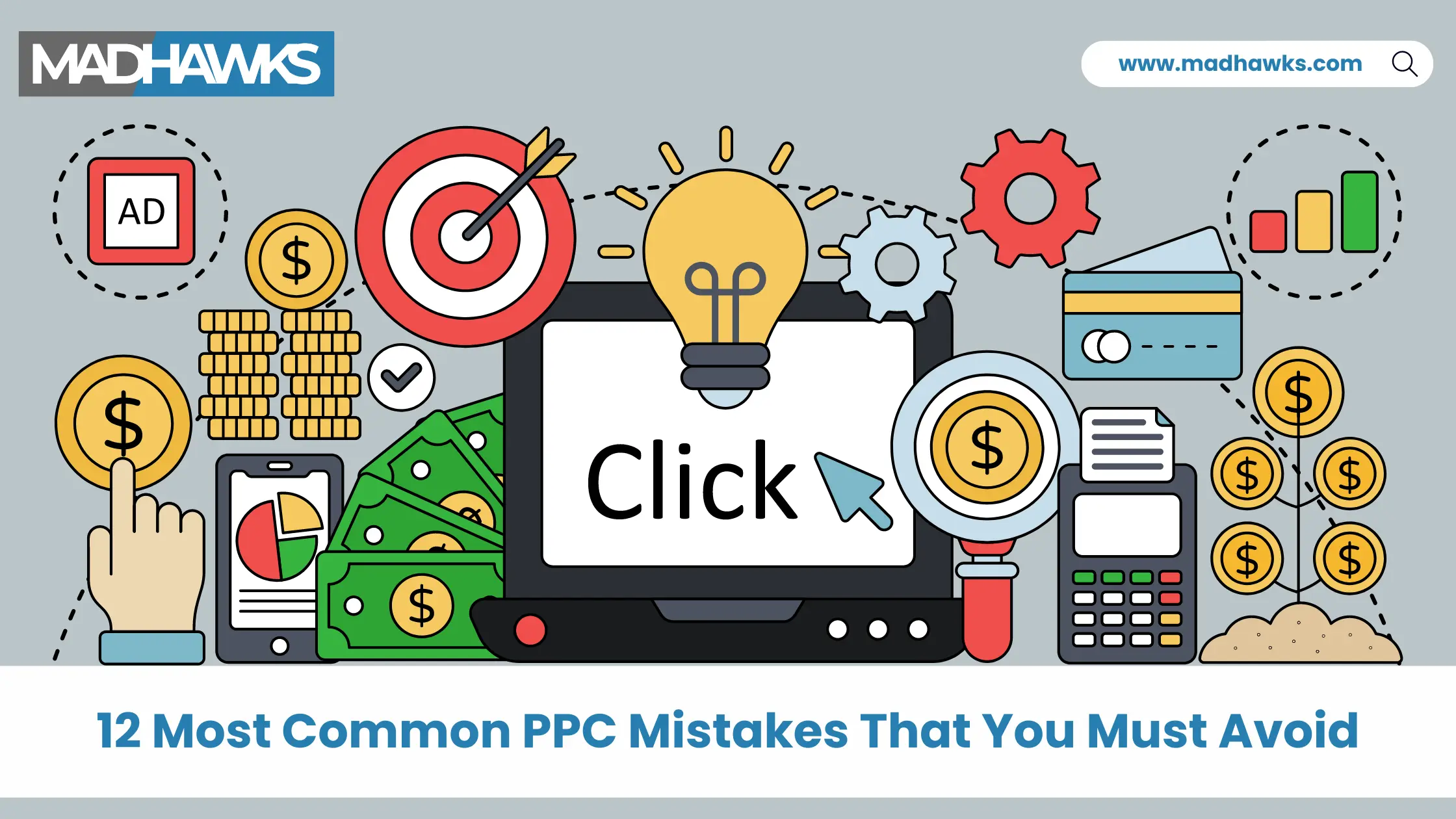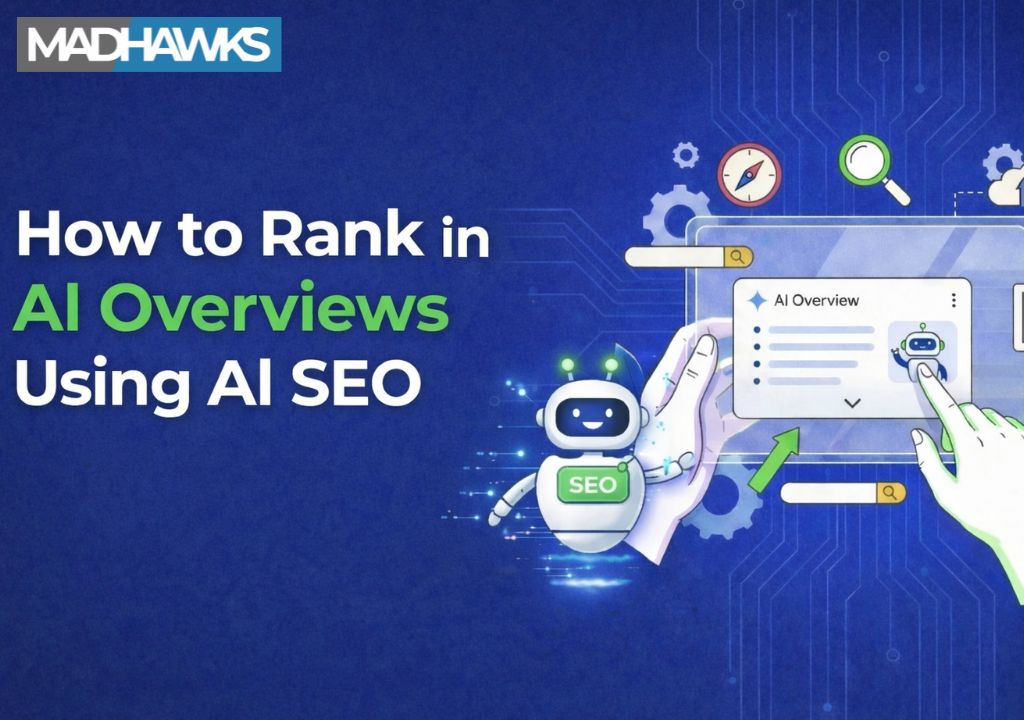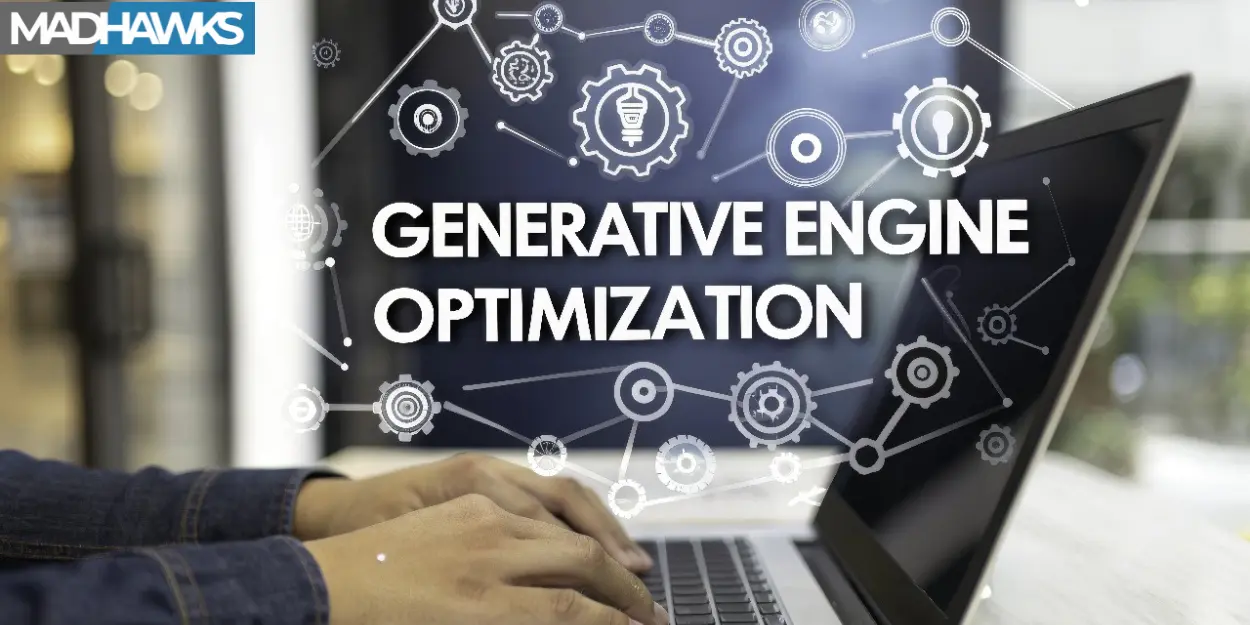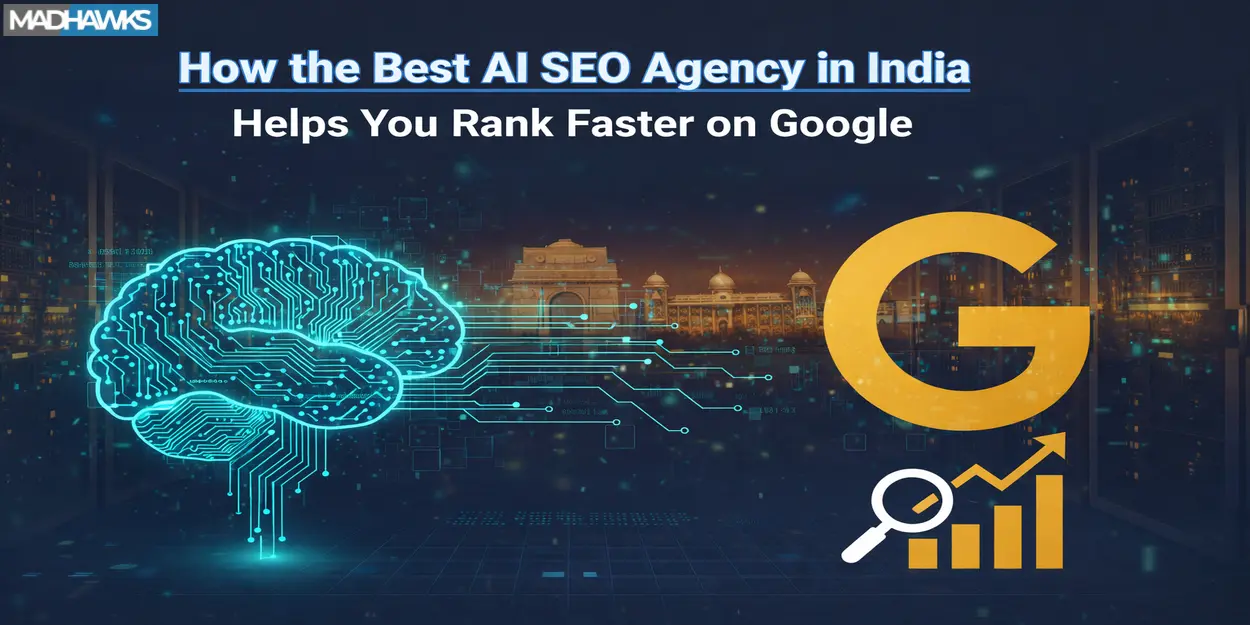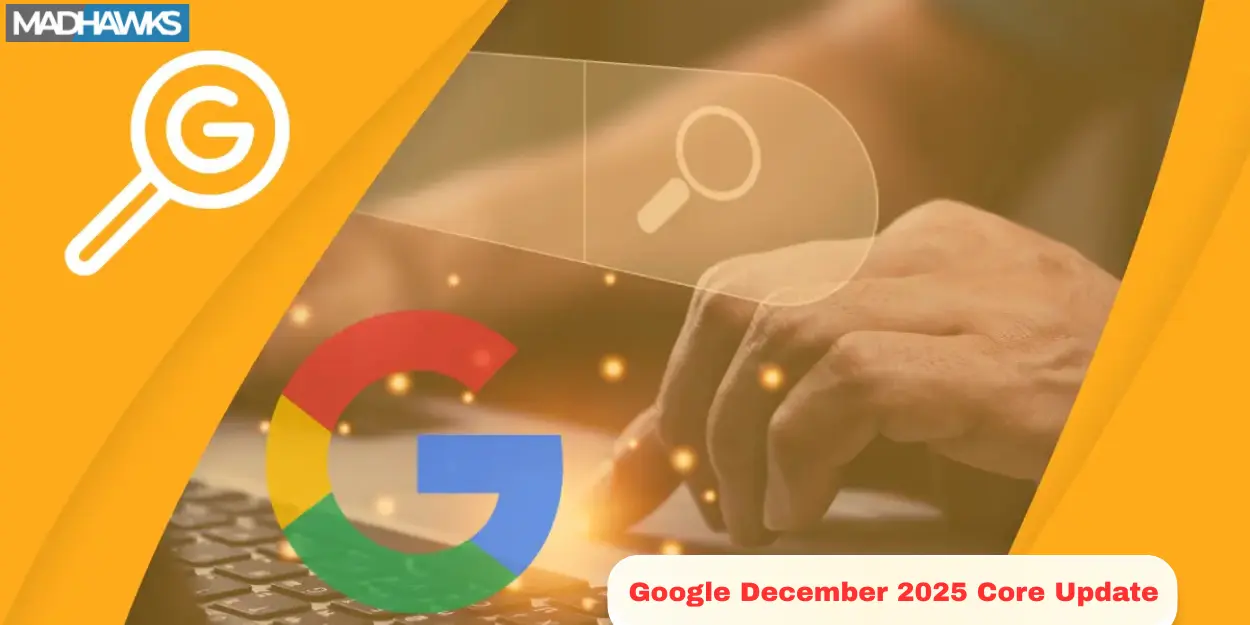PPC (Pay-per-click) is an effective way to drive traffic to your website as you only have to pay when you get a click. While SEO can help you drive organic traffic and establish long-term website authority, PPC advertising is the best to achieve short-term goals. If you are running a PPC (Pay-per-click) campaign and still not receiving the traffic you expected, you are probably making some big and common PPC mistakes. These mistakes can result in wasted spend and hence should be strictly avoided.
PPC Mistakes to Avoid for Maximum Results
PPC (Pay-Per-Click) advertising can give you the desired results within no time if done properly. However, some advertisers fail to drive as many conversions as they expect from a PPC campaign and this is because they miss out on some or the other thing. Below are some common PPC mistakes that advertisers make and that must be avoided to drive success through PPC advertising:
1. Not Identifying Your Goals
The first and foremost thing you must do when creating a PPC campaign is to set your goal. If you are not clear about your goals and just running PPC ads, you are probably making one of the biggest mistakes. You must have a clear idea of what your target audience looks like, where you can find this audience, and what you intend to achieve with a particular campaign. Without a well-defined goal and a strategic approach, you cannot make the most out of a PPC advertising campaign.
2. Not Analyzing Data Properly
Data analysis has become an important aspect of PPC advertising today. Without accessing and analyzing enough data, you cannot come to the right decision. If you are running a PPC campaign assuming that it will give the desired results, you are making another big mistake. You should adopt a data-driven approach to PPC marketing. Unless you know numbers or statistical data, you can not properly analyze what works best for your brand, where you are lacking, and how you can improve.
3. Using Wrong Match Types
There are different types of keyword matches as mentioned below. One of the common PPC mistakes that many advertisers make is using the wrong match type.

Exact Match: Using the exact match of the keyword in your ad copy is important to ensure that the most relevant audience finds you. If your aim is to reach a particular set of audience that is looking for an exact product, service, or information, you can use this match type. It will display your ad to users only when they type the exact keyword that you have used.
Phrase Match: Phrase match is quite similar to the exact match type as it requires the exact keyword to be present in the search query. The only difference here is that a phrase match allows users to see your ads even if they have entered the exact keyword along with other words before or after it. To create a phrase match, you can put quotation marks before and after the exact keyword phrase.
Broad Match: Broad Match doesn’t require users to search for the exact keyword that you are targeting. Your ads are displayed when
users search for the exact keyword, its synonyms, misspelled words, and even closely related search terms. This is the default setting
in Google Ads. If you don’t want your ads to be shown for every related query, you can change this setting to exact or phrase match type.
Broad Match + Modifier: Broad match + modifier allows your ads to display for related search queries, but not synonyms. Users will be able to see your ads for misspelled words, closely related terms, stemmed versions, etc, but not for synonyms. If you want to use this match type, you can simply add a ‘+’ sign along with the words that you want to be there in the search query.
Based on your goals and advertising budget, you can choose the right match type. If you want to target a small set of audience that is highly likely to convert, you can go for an exact or phrase match. On the other hand, if you want your ad to be displayed to larger audiences, you can go for a broad match type.
4. Not Targeting Your Brand Keywords
Another common mistake that PPC advertisers make is not to target their brand-specific keywords. Branded keywords can help you reach the most relevant set of audiences that are looking for your products or services. You can run at least one campaign that entirely targets keywords around your brand. These ads are comparatively cost-effective and drive higher CTRs and conversion rates.
5. Not Using Negative Keywords
Negative keywords are the search terms or phrases that you don’t want your ads to show up for. If you are using a broad match type, your ads may appear in the results for a wide range of keywords and search phrases. But if you want to restrict them from showing up for particular irrelevant search terms, you can use negative keywords.
For example, if you are offering premium jewelry, you might not want your ads to appear for keywords like ‘cheap jewelry options.’ You can add such undesired keywords to negative keywords and make sure that your ads do not mislead the audiences.
6. Bad Ad Copies
Ad copies play a crucial role in attracting audiences and encouraging them to click on your ad. If the ad copy is not well written, you might lose a large number of clicks. When writing an ad copy, keep the following things in mind:
- The ad copy must contain the keyword you are targeting
- It must be compelling and relevant to the search query of users
- It should have a clear CTA (Call to action)
An ad copy that is not engaging enough often drives lower conversions and may result in wasted ad spend. Therefore, once you are done with writing the copy, take suggestions from your colleagues or friends and ask them to read the copy from a user’s point of view. If it doesn’t seem compelling enough, try to improve it.
7. Not Using A/B Testing
In order to find out what works best, conducting A/B testing on different forms of an ad is extremely important. Just writing a single ad copy, creating an image, and running the ad won’t give you effective results. A/B testing means creating different versions of an ad to see what results in the highest CTRs and conversion rates. To create different versions of the same ad, you can make slight changes to its headlines, CTA lines, etc, and see which one performs better.
8. Not Monitoring The Campaign Regularly
If you just create a campaign and forget about it, you cannot expect to get the best results out of it. In order to run effectively, a PPC campaign requires regular monitoring. It is fine to automate your campaigns, but completely overlooking their progress is not a good idea. To drive the best results, it is advised to monitor the campaigns regularly and continuously optimize them for better performance.
While the campaign keeps running, you can keep changing the ad copies to see which one drives the maximum engagement. Just setting up a PPC campaign and forgetting it is never a wise idea.
9. Not Setting The Right Budget
In order to achieve the results you want, you will have to set the right budget that is enough to drive those results. While determining your goals, you must have made a clear idea of how many conversions you need. Once you know the number of conversions you need and your current conversion rate, you can calculate the number of visitors you need to achieve this goal.
Number of Visitors required = Conversions required/conversion rate
Based on your current CPC (cost per click), you can set a budget that will be enough to achieve your desired numbers. Just make sure that you are spending enough, but not overspending on a campaign.
10. Not Optimizing Landing Pages
If you are driving all your PPC traffic to the home page of your website, you are making a big mistake. Unless you have dedicated landing pages for each set of keywords, you cannot expect to drive the best results. Each landing page should be well-optimized, visually appealing, easy to understand, and must have relevant information along with a clear CTA. If you want your website visitors to convert, you must pay special attention to creating compelling landing pages.
11. Ignoring Quality Scores
If you are overlooking the quality scores of your ads, just stop doing that now. Quality scores can be used to determine how relevant your ads and landing pages are to the users. The better the quality score, the more effective your ads and the higher the chances of users converting into customers. If your ads have a poor quality score, they might get lower positioning and have higher CPC. So, it is advisable to improve such ads until they achieve a good quality score. You can do this by writing engaging copies and incorporating relevant keywords into the ad content.
12. Choosing Wrong Bid Settings
This is also one of the common PPC mistakes that many publishers make. There are different types of bid settings that you can choose from. You can either go for an entire manual setting, entirely automated, or a mix of the two. Let us discuss different bid settings and when it is suitable to choose them:
- Manual CPC: In this, advertisers have complete control over the bidding process and they can only make changes manually.
- Enhanced CPC: In this, manual bids are automatically adjusted to drive more conversions while the cost per conversion remains the same.
- Target CPA (Cost Per Acquisition): This is an automated bid strategy in which Google creates an optimal bid for each user when an ad is eligible to be displayed to them. In this, the cost may vary for each conversion depending on the average target CPA you have set.
These are some of the popular bid settings. You can choose any of them based on your goals, budget, and other factors.
Make Your PPC Advertising Campaigns Successful with MadHawks
In order to make the most out of a PPC campaign, you need to take care of a lot of factors. From setting the right budget to choosing
the right bidding strategy and a lot more, every step should be taken wisely. If you do not have much experience in the field, driving
success can be quite challenging. But a PPC marketing agency like MadHawks can help you with this.
The team of PPC marketing professionals is well-versed in all the strategies, techniques, and tools used in PPC advertising. By thoroughly analyzing your business goals and keeping in mind your budget, our team can come up with the most effective PPC campaign that works for your business. For any further information, contact us Today!
FAQs
1. Why does PPC fail?
Ans. PPC campaigns can sometimes fail due to some common PPC mistakes made by the advertisers as mentioned below:
- Writing bad ad copies
- Not setting the right budget
- Not monitoring the campaign regularly
- Not targeting the right keywords
- Not using A/B testing
2. Is there a future in PPC?
Ans. Yes, PPC is a continuously growing field and it is expected to grow to an even greater extent in the near future. With the increasing importance of digital marketing and advancements of the field, we can PPC advertising will only grow in the coming years.
3. Does PPC increase SEO?
Ans. No, PPC doesn’t have any direct impact on SEO, but it can help improve your brand’s visibility, which can indirectly improve your site’s SEO.
4. Which is harder SEO or PPC?
Ans. SEO is considered harder than PPC as SEO results take more time to show up, whereas PPC can drive faster results.
5. How successful are PPC ads?
Ans. More than 75% of consumers agree that ads make it easier for them to find what they are looking for. Therefore, running PPC ad campaigns effectively can drive more success to a business, provided that the most common PPC mistakes are avoided.

